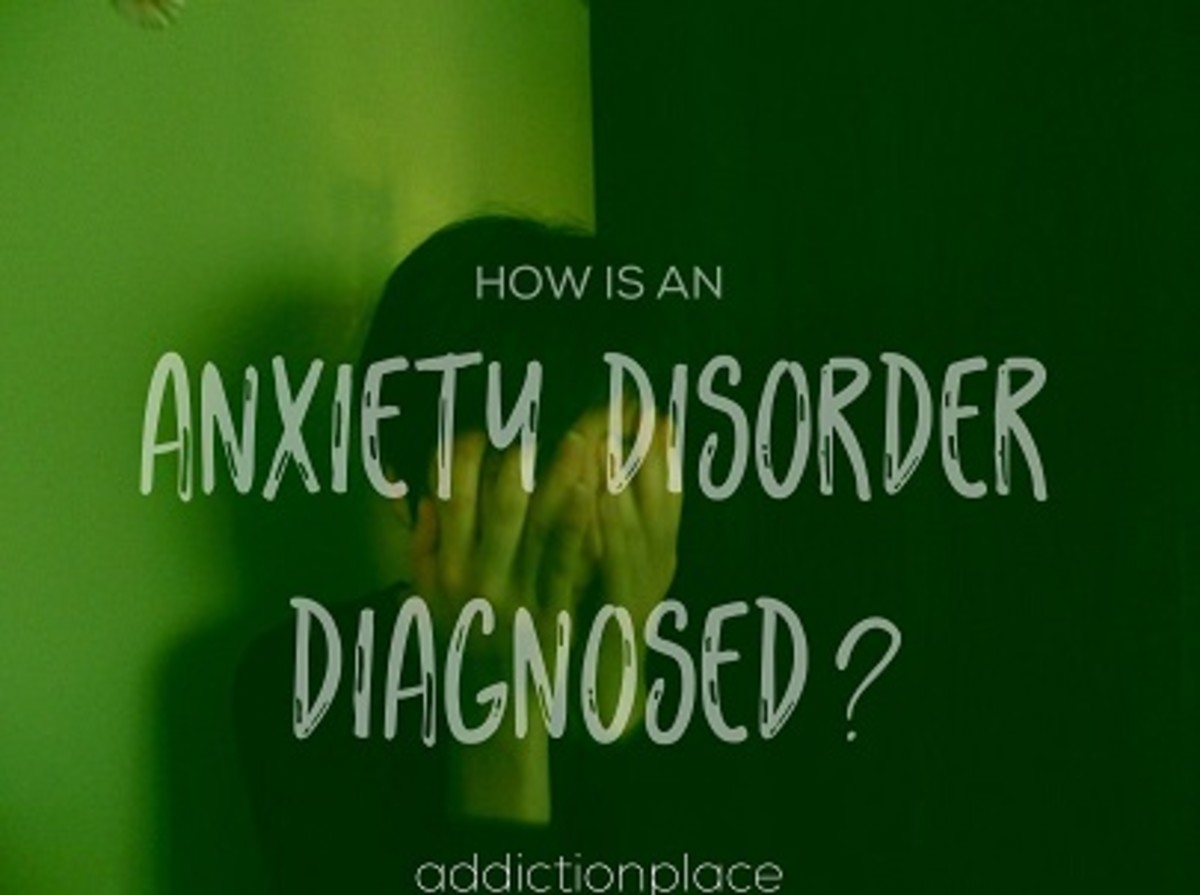The Debilitating Effects of Anxiety on the Mind and Body
Is today's life more stressful than eons ago?

Many eons ago, when humans lived in caves and hunted for food, anxiety was felt mostly when they found themselves face to face with death. This anxiety could have been produced by an encounter with a wild animal or perhaps an encounter with a vicious neighboring enemy. This is the expression of what is known as the ''fight and flight'' response, a very important resource for the survival of humankind.
As years went by, anxiety may have affected humans during periods of war time, disease or famine. While these are all reasonable causes of anxiety, nowadays, with most humans leading tranquil lives, one must think that there would be little space for anxiety. Yet, anxiety seems to affect more people leading modern lifestyles than perhaps it affected people in the past. Why is that? Are our more sophisticated reasoning skills working against us? Do we have too much time on our hands? Do we lead under stimulated lives?
Answering these questions is quite difficult. The only thing we know for sure is that the victim of a generalized anxiety disorder is suffering and in need of help. When days are filled with panic attacks, recurrent thoughts, anxiety, stress and tension, the suffererdefinitely recognizes how debilitating their condition is. Following are some debilitating effects on the lives of people suffering from generalized anxiety disorders.
- Waste of Energy
Being on a ''fight or flight'' mode for most of the day is simply put, a total waste of energy. While as described above, cavemen were concentrating their strength and energy on doing their best in fighting against an opposing tribe member, today fighting against imaginary fears is a waste of time and energy. When under an anxious state, the body responds by increasing its level of alertness: the heart pumps faster, the breathing rate increases, as adrenaline flows through the body over all disrupting its normal functionality.
- Vulnerability
Because a person suffering from anxiety is constantly in over drive, the body weakens making the immune system prone to illnesses. Therefore, the fight and flight response which was originally meant to occur for short periods of time, and now is being present for prolonged periods of time, eventually will cause some wear and tear. This may create good grounds for high blood pressure, heart disease, gastro-intestinal disorders, skin disease eruptions and so forth.
- Loss of Perspective
Being bombarded by thoughts that trigger anxiety all day, it is easy to lose perspective in life. This means that the person suffering fromgeneralized anxiety often tends to give priority to these thoughts than anything else going on in their lives. For instance, a person over worrying about being affected by a disease, which is just imaginary, is missing out on watching their kids grow, enjoying a walk in the park or concentrating on performing tasks.
- Accident Propensity
Catering to negative thoughts may therefore, make the sufferer more prone to accidents because their mind is too focused on the thoughts to avoid accidents. For instance, a person suffering from a panic attack may not be able to drive safely because their minds are bombarded by thoughts and their bodies are concentrating in responding to those thoughts.
- Isolation
People suffering from severe forms of generalized anxiety disorders may be unable to function in social settings and therefore, they may start placing barriers between themselves and others. Staying in the comfort of their home, may feel soothing and therefore, they may start to get out less and less. Soon, they may lose their jobs and they may retreat in their home, leading isolated lives.
- Avoidance
While the fight or flight mode in the past provided energy to fight the source of anxiety or escape from it, nowadays, people have a similar choice: to confront or avoid thier fears. If they notice that flying causes them to get anxious, they may cancel their flight. If they notice that they get more anxious when they are in public places they will retreat at home. This avoidance however, very likely backfires, intensifying the levels of anxiety instead of lowering them.
- Addictions
Last but not least, people affected by anxiety disorders, tend to find relief in substances that are easily addicted. Very likely, smoke, alcohol or drugs will make their way in an axious person's life.
As seen, the effects of generalized anxiety disorders may be quite debilitating. For this very reason, affected sufferers must try to gain their forces and invest them in something more productive. This may be accomplished by getting help with therapy, learning about coping techniques, engaging in sports that release tension or simply finding a hobby that helps them concentrate on something morefulfilling and less energy draining.
- Fear of turbulence
Personally, I have never been fond of roller coaster rides, as a matter of fact, I spent my honey moon at Walt Disney and all I got to enjoy was the Merry Go Round and










